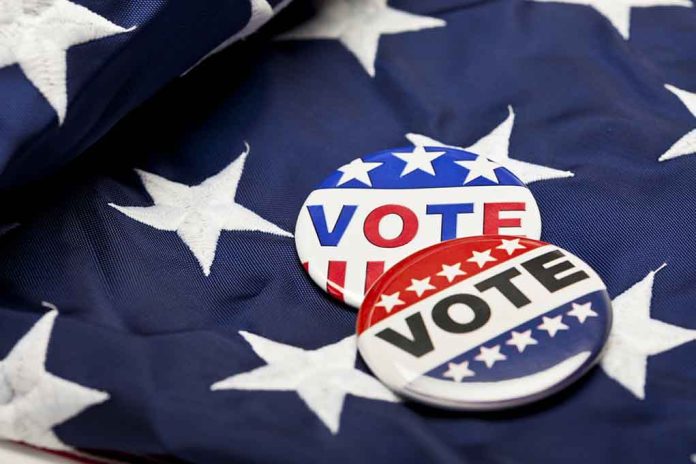
Election Day Is FAST Approaching — Know Your Rights
(UnitedCause.com) – One of the essential rights of American citizens is the right to vote. The opportunity to engage in civic life and to have a say in the elected authorities whose choices affect our lives, families, and communities is fundamental to what it means to be an American. Knowing your voting rights allows you to detect, report, and prevent voter suppression activities in your communities on Election Day.
What are Voting Rights?
In the United States, voting rights are a set of legal and constitutional protections that ensure a significant number of adults can vote in state, federal and local elections. It took almost a century for our politicians to alter the constitution and effectively include people of color, women, persons with disabilities, low-income individuals, and Native Americans.
When our forefathers founded our nation, only educated white males who owned property could vote. Discrimination against African-Americans, such as poll taxes and literacy tests, was prevalent before the Voting Rights Act of 1965.
Following several protests against the harassment and intimidation of African-Americans, the topic of voting rights gained national attention. Lyndon Johnson signed the Voting Rights Act into law in 1965. The statute enforced voting rights granted by the 14th and 15th amendments to the United States Constitution.
Know Your Rights on Election Day
It is a federal crime to intimidate, threaten, or force any other person intending to interfere with another person’s right to vote or to vote as they choose. The American Civil Liberties Union (ACLU) provides the following rights on Election Day.
- If the polls close while you’re still in line, stay in line because you have the right to vote
- If you make a mistake on your ballot, ask for a new one
- If the machines are down at your polling place, ask for a paper ballot
- If you have any questions or problems, call the Election Protection Helpline
The voting process can be long and exhausting. However, if you want to vote before election day, you have a right to vote by mail.
Voting by Mail
Absentee voting enables you to vote by mail or drop box before Election Day. If you are a registered voter, you will receive a mail, fill it out, then mail it back or drop it off in person at a secure drop box or voting facility. During an election, postal voting minimizes the number of poll workers needed at polling places. Although absentee voting is available in every state, the laws governing who may participate are different.
Voting Rights for Persons with Disabilities
The Americans with Disabilities Act (ADA) is a federal civil rights statute that gives persons with disabilities protections equivalent to those afforded to individuals based on race, color, gender, national origin, age, and religion. Under ADA, the following are rights for persons with disabilities during election day.
- All polling stations for federal elections must be completely accessible to older individuals and voters with disabilities
- Voters with disabilities and those who have trouble reading or writing English have the right to get assistance from a person of their choosing at the polls
- Election authorities, including poll workers, must provide reasonable adjustments to assist people with disabilities as required
- Poll workers cannot deny persons with mental challenges because they believe they are not eligible to vote
How to Know Someone is Interfering with Your Voting Rights
You may notice or encounter incidents of voter disenfranchisement and intimidation, which may take the form of the following:
- Falsely representing oneself as an election official
- Cutting back early and absentee voting
- Purging eligible voters from voting rolls
- Displaying deceptive or misleading signage about voting fraud and the associated penalties
- Closing polling places
- Spreading false news about voter requirements
If you experience voter intimidation, report to your local election officials. You can also give the poll worker a sworn statement that depicts your qualifications and proceed to vote. Voting is the cornerstone of democracy, and you should understand your voting rights to prevent voter interference.
Copyright 2022, UnitedCause.com










